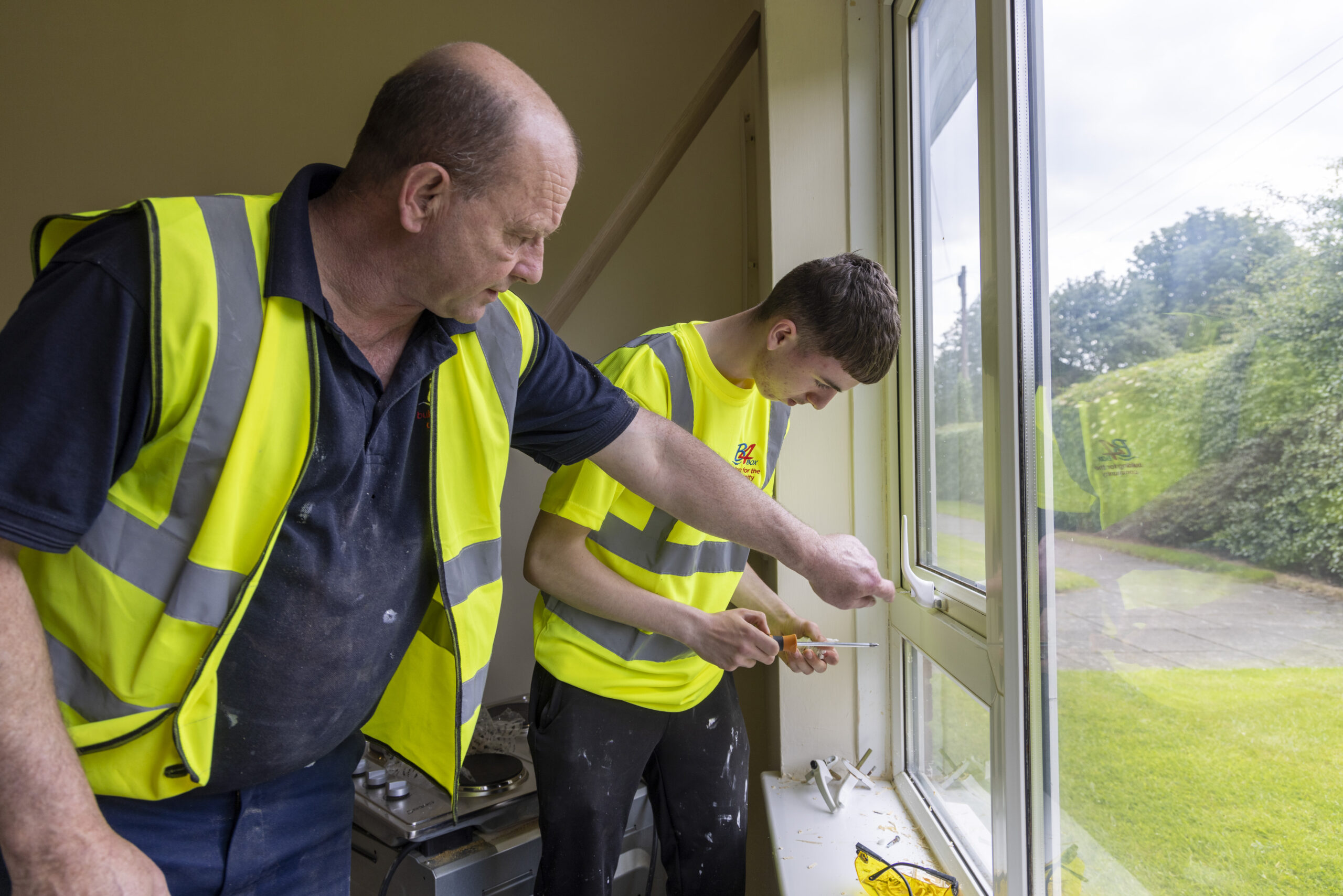The Chancellor’s Spring Budget predictably majored on pre-election giveaways and political dividing lines, but will do nothing for those living in cold, damp, expensive to heat homes or for local authorities struggling to provide basic services, says climate solutions charity Ashden.
“Apart from some welcome extensions to existing government schemes, such as a relatively small funding boost to the Green Industries Growth Accelerator and a one-year extension to the windfall tax, this was another barren budget for net zero,” says Will Walker, UK Policy Lead at Ashden.
“The country is crying out for bold government leadership and a credible plan to address the triple-whammy of energy security, fuel poverty and the climate crisis. This has to be done through sustainable clean growth. Any plan needs to be backed with the right powers, resources and incentives to empower communities, leverage investment, upskill and expand the workforce, and revive the economy.”
“The chancellor said he wanted to ‘build up our resilience to future shocks’. However, in reality he failed to ‘read the room’ and delivered a budget that misses the fact that citizens, by and large, care more about long-term investment in public services and getting help with their energy bills than short-term tax cuts.”
The government should know that too, he says, as according to a YouGov poll, when asked what support they would like to see for the cost of living, 61% of voters choose energy bills as one of their top three priorities – the highest score for any policy option. This option is more than twice as popular as cuts to taxes on wages (29%) and is particularly popular among Conservative voters (70%).
Walker also points to a new report from Lord Stern and other leading experts at the London School of Economics that says we only need increase annual public investment by about 1% of GDP, which will lever in another 2% of private investment, to get back on track with decarbonization, boost growth and create jobs.
He also emphasises the need for coherent, stable and inclusive government policy on net zero. This would enable all parts of society to work together and crowd-in investment, alongside government, leading to cheaper energy, warmer homes, cleaner air, more resilient communities and a stronger economy.
“Unfortunately, what we’ve seen over the last decade from Government is dither, delay and division on net zero. This has undermined business and investor confidence, weakened supply chains and added nearly £2.5bn to UK energy bills.
“A case in point is the home heat workforce and heat pump industry. Several net zero retreats in recent years, including the latest U-turn this week with the scrapping of the Clean Heat Market Mechanisms – sometimes given the misnomer of ‘the boiler tax’ – have meant that the industry really don’t know where they are any more. They have had their fingers burned and don’t trust government schemes, undermining the progress of a growth sector – yet again this budget neglects to provide a properly funded retrofit plan to support action that could really make a difference to the economy and help households trying to keep their costs down and homes warm.”
Companies that are doing this sort of work against the odds, include 2022 Ashden Award winner for low carbon skills B4Box in Manchester which is an integrated construction training provider and retrofit specialist, working in areas badly affected by fuel poverty, to make homes more energy efficient and create green jobs.
And in the energy sector, Kensa Heat Pumps, winner of an Ashden Award in 2021 for green skills, show that it’s possible to deliver efficient and affordable heating through innovative ground source heat pumps and shared ground loop arrays, tackling a major source of carbon emissions and reducing fuel poverty. Where Kensa have replaced storage heaters for heat pumps in social housing, heating costs have typically halved, reducing fuel poverty for those who were not in a position to make any changes to their heating system themselves.
This Budget also falls on the day that Birmingham council approves the biggest budget cuts in local authority history, with many more insolvent or heading that way.
Walker adds: “Clearly the model is broken. Fundamentally, local leaders need more powers and resources devolved from Westminster, not further pressure on spending that has already been cut to the bone. Only by centering the needs of communities in the transition to net zero, reviving public services, and prioritising those most affected by it, will we get where we need to go and bring people with us.”
Ashden is part of the Warm this Winter campaign – a coalition of over 40 of the UK’s leading charities. Warm this Winter is demanding the government acts now to help people struggling with energy bills this winter, and to ensure people have access to affordable energy in the future ‘so that tomorrow feels more secure than today’.

